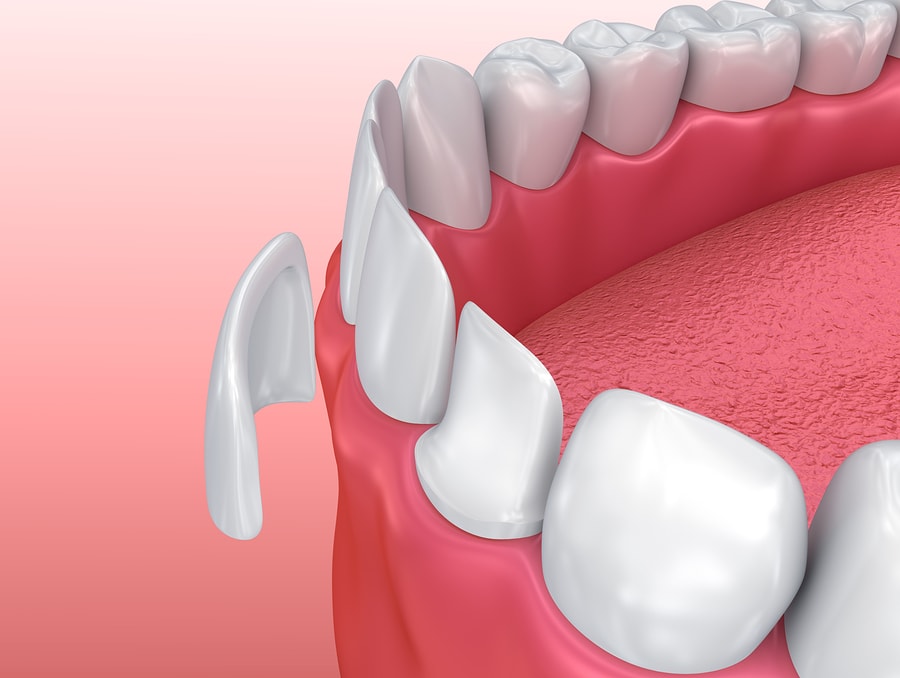
Cosmetic dentistry is a term used to describe a broad range of dental procedures meant to improve the appearance and functionality of the teeth. Cosmetic dentistry can repair cracked, broken, worn down and crooked teeth.
It can also improve discoloration as well as replace a missing tooth or multiple teeth. Although many dental procedures can grant a patient the same end result as others, the methods used will vary which means the cost can greatly differ.
Functional and restorative dentistry, such as crowns, is generally covered in part by insurance. Other procedures which are considered cosmetic in nature will not be covered by insurance so the patient will have to pay the cost out-of-pocket. Here are the costs of some general cosmetic dentistry treatments and how they make an improvement in the teeth:
Dental Bonding
Dental bonding can be used to treat minor aesthetic flaws that affect the front teeth. Some of these imperfections include a chipped tooth, fractured teeth, gapped teeth, discoloration and mildly crooked or misshapen teeth. The composite resin material used for dental bonding is the same bonding material used to fill cavities.
The bonding material is applied to the damaged tooth, shaped appropriately, hardened with a special light and then polished. The bonded material will be colored to match the shade of the patient's natural teeth. Dental bonding is a quick and easy method for restoring a tooth and it only takes about 30 to 60 minutes per tooth. Therefore, it is more affordable than other restorative procedures. The average cost of dental bonding is approximately $300-$600 per tooth and may be covered by your insurance.
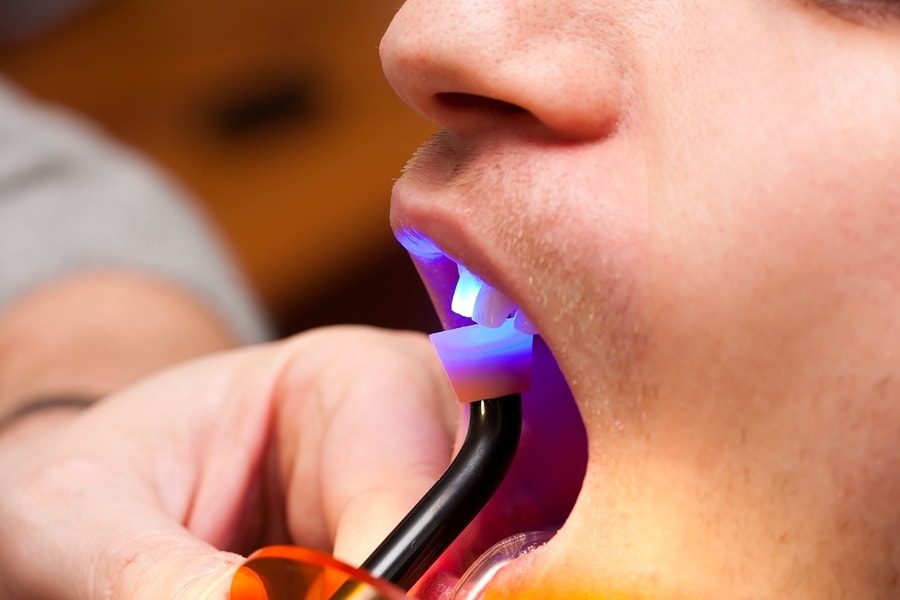
Teeth Whitening
Teeth whitening is a safe way to bring a lighter shade to discolored teeth. As people age, the enamel on the teeth becomes thin and tiny cracks allow stains to set in and the teeth become dull and yellowed. Staining can also happen due to tobacco, caffeinated products, red wine, dark berries, excessive fluoride use and certain medications.
One of the techniques used for removing discoloration includes teeth whitening or bleaching. With in-office teeth whitening, the dentist will use a painted-on rubber dam to protect the gums from the whitening gel. A highly concentrated peroxide gel is applied to the teeth several times at 15-20 minute intervals. The entire treatment takes approximately 1 hour. Severely stained teeth may require an additional bleaching session. In-office whitening costs approximately $650 per session.
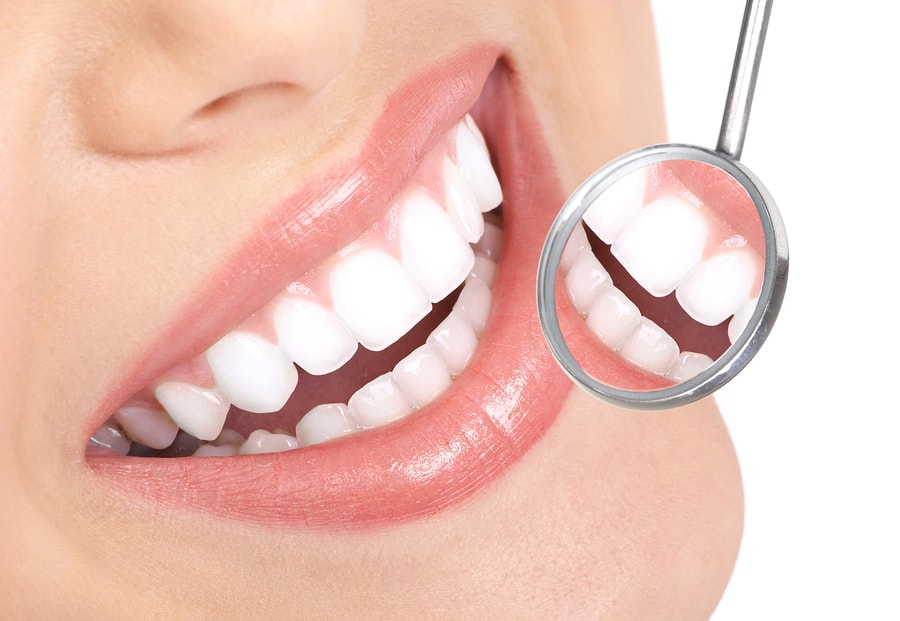
Dental Implants
Dental implants can be used to replace missing teeth by eliminating gaps, stabilizing the bite and improving the patient's smile. In addition, the implant will preserve the facial contour by supporting the bone structure. Dental implants are considered a permanent solution for tooth loss due to the fact that the implanted tooth acts just like the patient's natural teeth. Implants are more durable than crowns and bridges since implants are fused to a small post, made of titanium, which is placed in the bone socket of the missing tooth.
As the jawbone heals, the tissue grows around the implanted post and securely anchors it to the jaw. After the post has successfully bonded to the jawbone, an abutment is attached to the post. The crown, or false tooth, will be firmly attached to the abutment (which is a small connector). Since numerous appointments are needed, and the procedure is more complex than others, a single implant can cost in the range of $900-$3000.
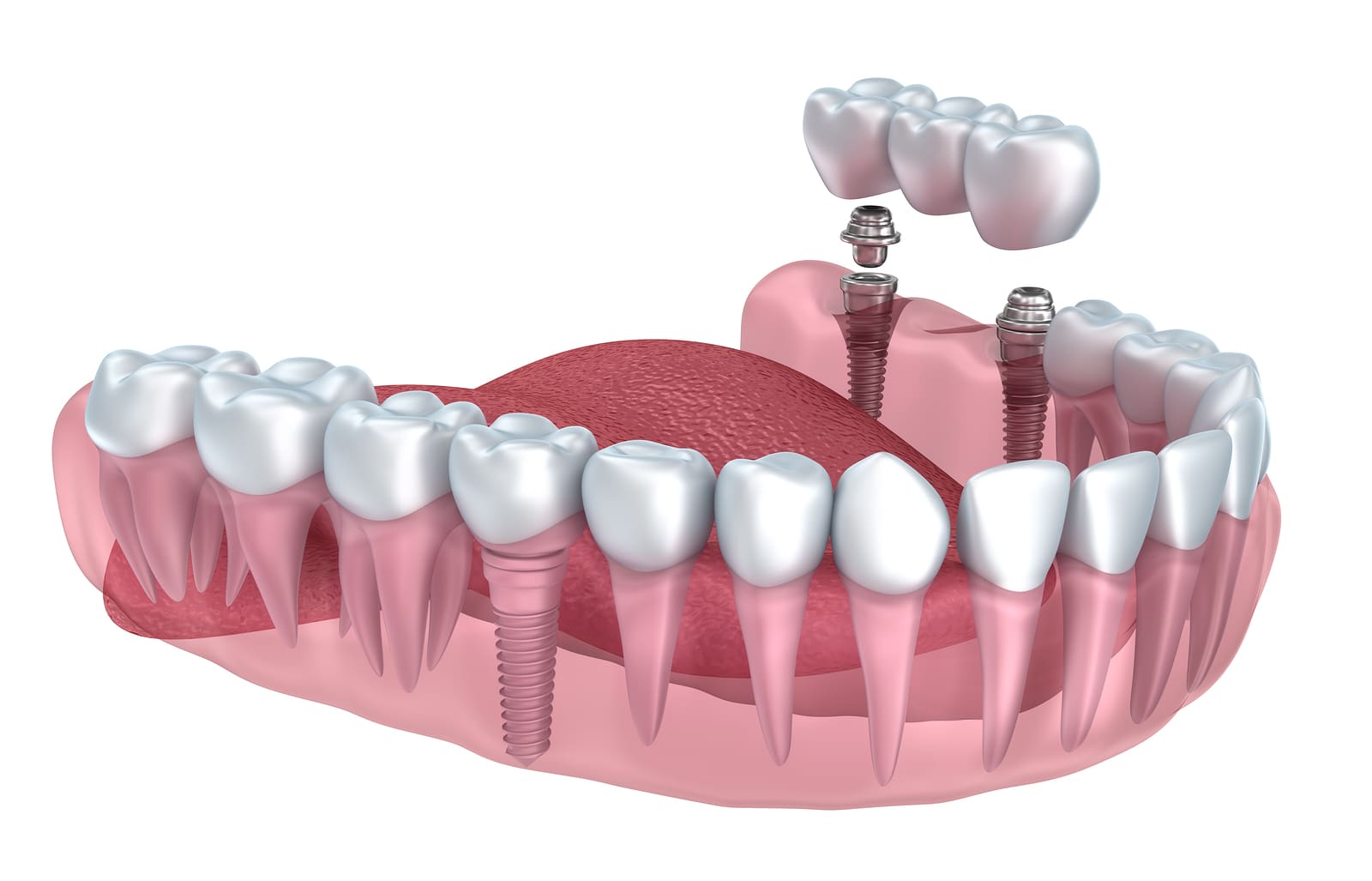
Invisalign
Invisalign, or invisible braces, can be used to correct mild misalignment of the teeth while providing a more confident smile. Misaligned teeth can lead to cavities, tooth decay, root decay and chewing issues. It can also lead to other potential health problems such as gum disease, nutritional deficiencies and heart disease. Invisible braces are ideal for patients who wish to correct the appearance of their teeth in a less obvious manner than traditional braces.
Invisalign is designed to gradually shift the teeth over a period of time with a series of finely calibrated alignment trays. Depending on the amount of movement, a patient may need as little as 12 trays or as many as 48. Each tray comes numbered and is worn for two weeks for an average of 22 hours per day. As each aligner is exchanged for the next, the teeth gradually shift until the final alignment is achieved. The cost of Invisalign treatments is between $3000- $5000.
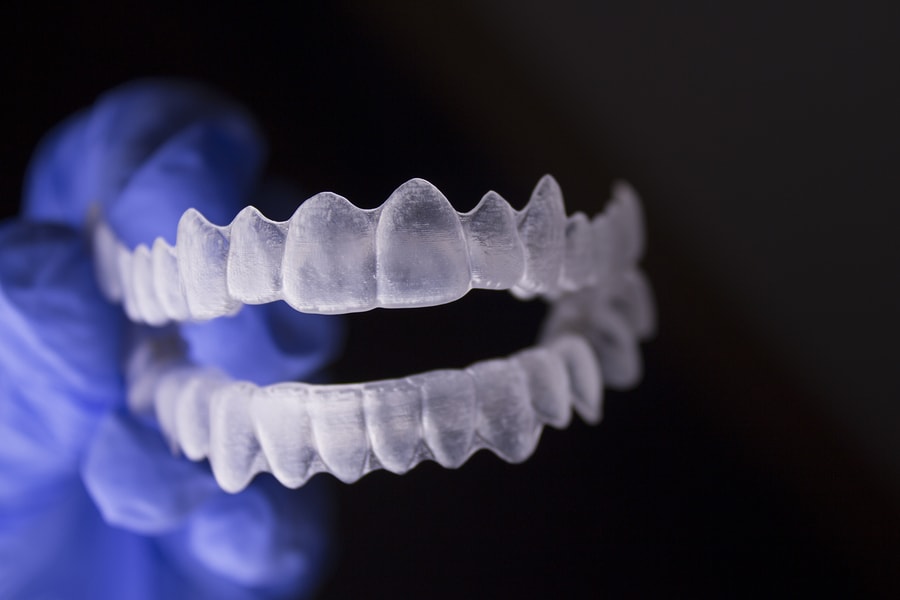
Porcelain Veneers
Porcelain veneers can be used to fix most imperfections regarding the front teeth including correcting chipped teeth, misaligned teeth and severely discolored or weakened front teeth. A porcelain veneer can be adhered to the front surface of the tooth in order to cover dark internal staining or it can be applied to the entire tooth for surface damage.
During the treatment, the dentist makes an impression of your tooth from which the porcelain veneer will be fabricated. A small portion of the natural enamel will be removed in order to make room for the porcelain. The veneer will be bonded to the tooth and hardened with a special light and can last between 10 to 15 years if cared for properly. The cost is between $925 and $2500 per tooth.
